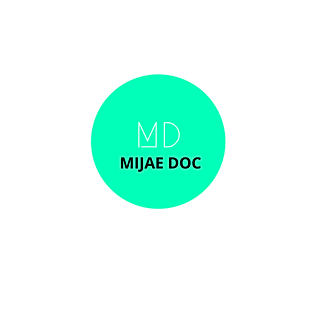How does the proposed change to USCIS form I-912 affect low-income Immigrants? - A Guiding Explanati
- mijaedoc
- Oct 26, 2019
- 3 min read
Updated: Jan 18

Another missile has been launched against low-income Immigrants by the Trump administration. On Oct. 25, 2019, USCIS kicked off moves towards eliminating means-tested benefits as a criterion to apply for a fee waiver on form I-912. By Dec. 2, 2019, the new form is scheduled to go into effect.
Importantly, we have to explore the meaning of a fee waiver and its uses. A fee waiver is a concept developed by USCIS to assist low-income immigrants who are unable to pay filing fees for certain immigration petitions / applications. Fees for the specific petitions are waived once the petitioner or applicant meets the necessary eligibility requirement. Filing fees can be reduced or wholly waived. Today, our focus will be on the total waiver.
Form I-912 is the fee waiver form used by low income Immigrants to request a fee waiver for certain immigration forms and services based on a demonstrated inability to pay.
Presently, depending on one's basis for applying, one would show among other requirements that he / she receives a means-tested benefit. This is the easiest and most common way to apply for fee waivers. However, this easy yardstick for determining fee waiver - “means-tested benefit” eligibility will be eliminated come Dec 2nd, 2019.
In order to better understand what this proposed change is all about, it’s pertinent to note the meaning of means-tested benefit. Means-tested benefit is a public benefit where eligibility for the benefit, the amount of the benefit, or both, is based on an individual's income level. Examples of these benefits are food stamps, Supplemental Security Income (SSI) and others.
Unfortunately, the proposed change to eliminate the means-tested tested benefit will make it more difficult for low-income immigrants to be eligible for waivers. Furthermore, the eligibility parameter will be streamlined to financial hardships basis or annual household income at or below 150 percent of the Federal Poverty guidelines.
Another implication is that fewer immigrants will be able to pay USCIS filing fees. Petitioners with more people in their household will not be able to afford the filing fees. "The obvious purpose of this latest action is to make it more difficult for low-income green card holders to apply for U.S. citizenship, in a way that sidesteps the typical rule making process where [the administration] has been so often frustrated in court,” Doug Rand, a former White House official on immigration issues, opined in a statement.
It's not out of place to opine that this is one of several policies the Trump administration has pursued recently targeting low-income immigrants. Not long ago, President Donald Trump issued a proclamation barring immigrants who do not have health insurance and cannot afford to pay medical care costs from getting visas of almost any kind to enter the US.
In addition, sometime in September, Trump issued an executive order allowing states that do not have the resources to support refugees in becoming “self-sufficient and free from long-term dependence on public assistance” to turn them away.
Amidst others, these are all the numerous ways to deny residence to immigrants considered “public charge.”
Access to safety, stability, and the American dream should never be based on how much money a person has in their pocket. Intending immigrants who are unable to afford filing fees can always rely on the other two basis; income below 150% of the Federal Poverty Guidelines or financial hardship.
Consulting an experienced and authorized immigration law practitioner will be vital in maneuvering the hurdles this change will cause.

Enah Jones-Vaughn is a foreign trained lawyer and a US Department of Justice Accredited Immigration Practitioner. She is an advocate who aims to increase access to justice for low-income immigrants. She writes articles on immigration and provides resources for advocacy on immigration issues including tips for effective advocacy.





























Comments